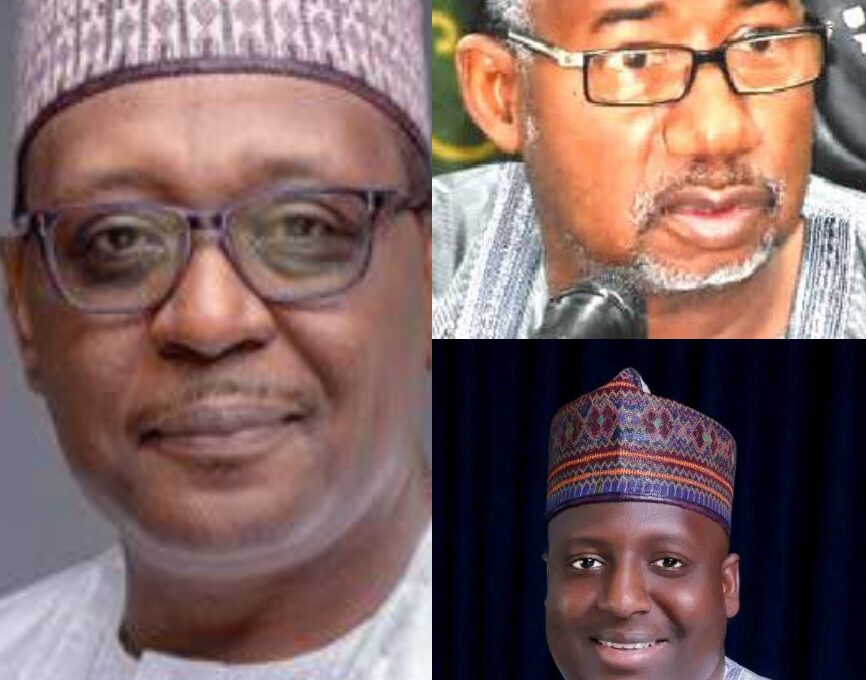By Zayyad I. Muhammad
Bauchi is one of the few states, perhaps the only one, in northern Nigeria that has consistently upheld a politics rooted in independence. The people of Bauchi are known for their distinct political culture: no candidate, political party, or ideology can be imposed on them. Incumbency holds little sway, and public or political office holders often fail to win elections.
From the days of the Northern Elements Progressive Union (NEPU) in the First Republic, to the politics of the Second Republic, and even the cult-like support for Muhammadu Buhari in more recent times, Bauchi has carved out a political identity that is both unique and enduring.
A review of Bauchi’s electoral history, particularly in gubernatorial contests, reveals a striking pattern of political independence that many analysts regard as unmatched in Nigeria.
For instance, in 1979, they elected Tatari Ali as Governor under the National Party of Nigeria (NPN) against their kinsman within the North East in person of Alhaji Ibrahim Waziri of the GNPP.
In 1992, they elected Alhaji Dahiru Mohammed Deba as Governor, alongside Alh Ibrahim Tofa of NRC against the popular candidature of MKO Abiola
Somehow in 1999, after a rerun elections, PDP managed to win and Adamu Mu’azu got elected as Governor but later lost bid to win senatorial elections after serving for 8 years as Governor.
In 2007, Mal. Isa Yuguda won as Governor under ANPP against the incumbent PDP when Yaradua was president.
In 2011, the state aligned with the opposition APC to produced Mohammed Abdullahi Abubakar as Governor but lost his re-election bid despite being the sitting governor to the Present Governor Bala Mohammed of the PDP.
This pattern speaks volumes:
Abuja or any ‘interest’ cannot and has never dictated governors emergence in Bauchi state. Imposing candidates rarely works. Incumbency does not guarantee re-election.
High-profile public and political office holders have little impact. Governors have lost re-election, senatorial bids, and attempts to anoint successors in several Cases. The swinging nature of Bauchi politics is one of its most intriguing features
Equally remarkable is the background of those elected. Since 1999, Bauchi governors have consistently emerged from modest or unexpected circumstances- ‘Zero level, so to speak.
Governor’s Adamu Mu’azu, Isa Yuguda, Mohammed Abubakar, and present Bala mohammed all came from zero disposition, meaning, not from a position or office occupation at least two years to elections period. This trend illustrates the state’s openness to merit and its resistance to political imposition.
Looking ahead to the 2027 elections, it appears to be the state with the highest number of contestants so far.
1. Mohammed Auwal Jatau – the current Deputy Governor of Bauchi State
2. Muhammad Ali Pate – the current Minister of Health
3. Dr. Nura Manu Soro – Ex Finance commissioner and President Tinubu campaign Cordinator.
4. Ambassador Yusuf Tuggar current minister of foreign affairs.
5. Senator shehu Buba, a serving senator from APC
6. Alhaji Bala wunti, former MD of NAPIMS
7. RTD Air marshal Sadiq, former APC gubernatorial candidate
8. Senator Halliru Jika, former senator
9. Dr. MUSA Babayo former chairman of TETFUND
10. Senator Dahuwa Kaila, a serving senator, among numerous others.
With such a lineup and Bauchi’s long history of voter independence, the 2027 elections promise to be as competitive and unpredictable as ever.
Bauchi’s politics remain firmly anchored in progressive and populist traditions. Candidates without a clear vision or strong grassroots connection are regularly rejected at the polls, and 2027 is likely to uphold that tradition.
Only time will tell.
Zayyad I. Muhammad writes from Abuja, zaymohd@yahoo.com, 08036070980

